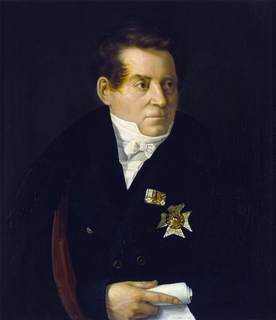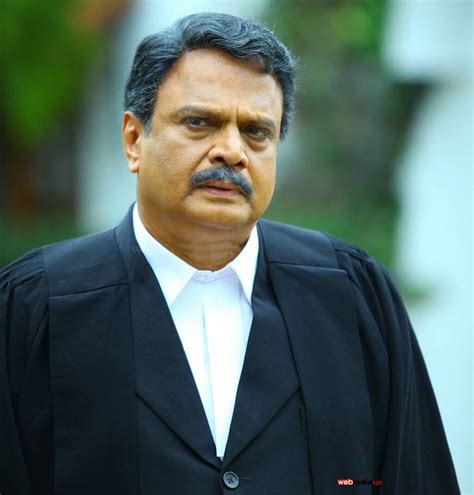A Quote by August Wilhelm von Schlegel
Our mind has its own ideal time, which is no other but the consciousness of the progressive development of our beings.
Quote Topics
Related Quotes
Whatever plane our consciousness may be acting in, both we and the things belonging to that plane are, for the time being, our only realities. As we rise in the scale of development we perceive that during the stages through which we have passed we mistook shadows for realities, and the upward progress of the Ego is a series of progressive awakenings, each advance bringing with it the idea that now, at last, we have reached "reality"; but only when we shall have reached the absolute Consciousness, and blended our own with it, shall we be free from the delusions produced by Maya [illusion].
All thought of something is at the same time self-consciousness [...] At the root of all our experiences and all our reflections, we find [...] a being which immediately recognises itself, [...] and which knows its own existence, not by observation and as a given fact, nor by inference from any idea of itself, but through direct contact with that existence. Self-consciousness is the very being of mind in action.
I do see that the world that we live in is collapsing to a certain extent, and civilization as we know it is caving in on itself. I believe that we are at a very low level of consciousness, and we do not know how to treat each other as human beings. We are caught up in our own lives, our own needs, our own ego gratification. I feel a strong sense of responsibility in delivering that message.
We live in a society that will send us to prison if we make use of time-honored sacred plants to explore our own consciousness. Yet surely the exploration and expansion of the miracle of our consciousness is the essence of what it is to be human? By demonstrating and persecuting whole areas of consciousness, we may be denying ourselves the next vital step in our own evolution.
This world, this universe which our senses feel, or our mind thinks, is but one atom, so to say, of the Infinite, projected on to the plane of consciousness; and within that narrow limit, defined by the network of consciousness, works our reason, and not beyond. Therefore, there must be some other instrument to take us beyond, and that instrument is called inspiration.
For me, consciousness is the most interesting unsolved problem of science, and, in fact, we may never know what it is about a particular arrangement of neurons that gives rise to consciousness. Our consciousness, like the air we breathe or like the passage of time, is central to our existence as intelligent beings.
This is another lie. We are only seeking Man. We have no need of other worlds. A single world, our own, suffices us; but we can't accept it for what it is. We are searching for an ideal image of our own world: we go in quest of a planet, a civilization superior to our own but developed on the basis of a prototype of our primeval past.
I am fond of reminding my yoga students of the saying "It takes one to know one" when they become lost I condemnation and judgment of others. The world that we perceive is a reflection of our own states of mind and reveals our own level of consciousness. The world is little more than a Rorschach blot in which we see our own desire systems projected. We see what we want to see. (116)
One way of saying that is that there is an objective reality beyond our mind. A way to think of this in a philosophic sense is to look between the two great extremes: the idealist philosophy that says mind and consciousness is the only thing and that matter is simply an illusion, or a Maya, the product of mind; and the other extreme, a strict materialist determinism, which says that mind and consciousness is a secondary phenomenon of the collision of matter.






































